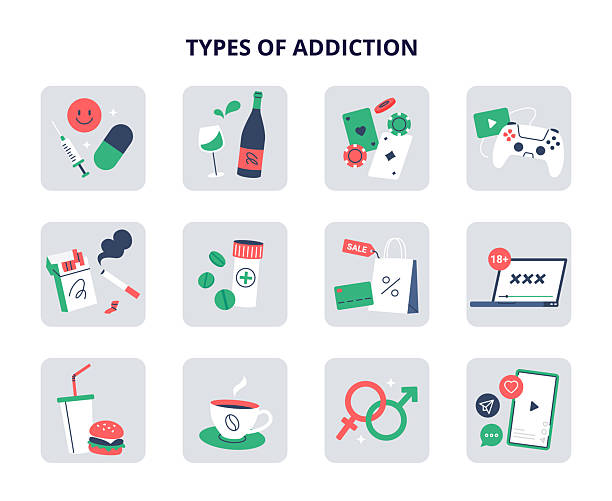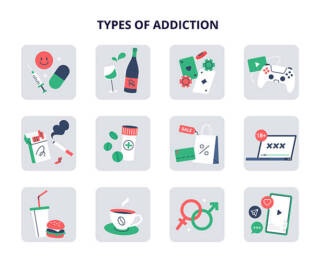Accidents can turn your life upside down. One minute you’re going about your day, and the next you’re in pain, out of work, and stuck with medical bills. It’s frustrating, especially when the accident wasn’t your fault. That’s where personal injury claims come in—they give you a chance to seek justice and get compensation for what you’ve lost. But here’s the catch: winning a personal injury claim isn’t just about showing you were hurt. You have to prove something else—negligence.
That’s why having a personal injury lawyer by your side matters. They know what to look for, how to gather proof, and how to build a case that clearly shows someone else’s carelessness caused your injury. Without that proof, even a serious injury might not be enough to win your case. Visit calvinsmithlaw.com to learn how a personal injury lawyer can help you.
What Is Negligence?
Negligence means someone didn’t act with the care that a reasonable person would have in the same situation. Think of a driver texting instead of watching the road, or a store owner ignoring a wet floor. These are simple examples, but they help paint the picture.
To win a personal injury claim, your job is to prove that the other person failed to act responsibly and that their action (or inaction) caused your injury. It’s not about proving they meant to hurt you—it’s about showing they were careless, and that carelessness caused you harm.
The Four Elements You Must Prove
To show that negligence happened, your lawyer will need to prove four key things:
- Duty of Care
The person you’re suing had a duty to act responsibly. For example, drivers have a duty to follow traffic laws, and business owners have a duty to keep their property safe for customers. - Breach of Duty
This means the person didn’t fulfill their duty. Maybe they ran a red light, forgot to fix broken stairs, or left a hazard unattended. - Causation
You have to show that this breach of duty caused your injury. If you were already injured before the accident, or if the accident wasn’t connected to the person’s actions, it can hurt your case. - Damages
Finally, you need to prove that you suffered real harm—physical, emotional, or financial. This could be medical bills, missed work, pain and suffering, or long-term effects.
Why Proving Negligence Matters So Much
Without proving negligence, your case has no legs to stand on. Even if you have a broken arm or piles of hospital bills, the court won’t award compensation unless someone else is clearly at fault.
Insurance companies know this too. They often look for ways to shift the blame or downplay what happened. If your claim isn’t backed by solid evidence, they might offer you a small settlement—or deny your claim completely.
How Evidence Strengthens Your Case
Evidence is the foundation of any negligence claim. That includes photos, videos, witness statements, police reports, and medical records. The more you can show, the stronger your case becomes.
Sometimes, experts like accident reconstructionists or medical professionals might be needed to explain how the incident happened or how your injuries are connected to it. A well-prepared case doesn’t leave room for doubt.
Final Thoughts
At the end of the day, proving negligence isn’t just a legal formality—it’s your path to justice. It’s how you show the court and insurance companies that you were wronged and deserve to be made whole again.
If you’re ever injured and thinking about filing a claim, remember this: it’s not just about what happened to you, but about proving who caused it and how. And when you understand that, you’re already a step ahead.
Want to learn more about your rights or how to build a strong claim? Don’t wait—reach out to a trusted professional who can guide you through it.






